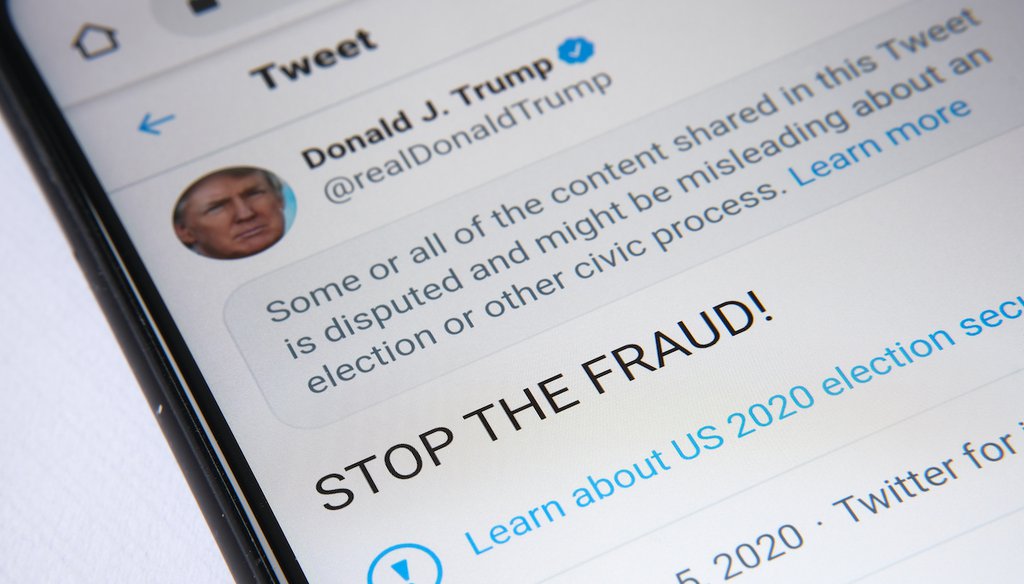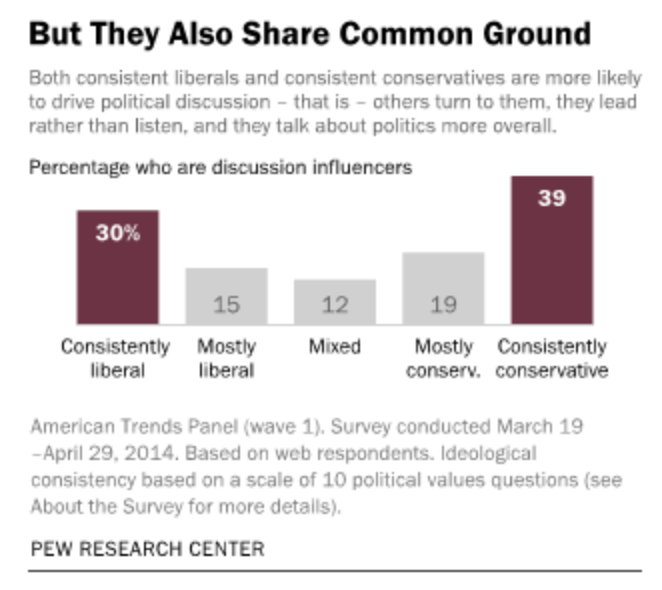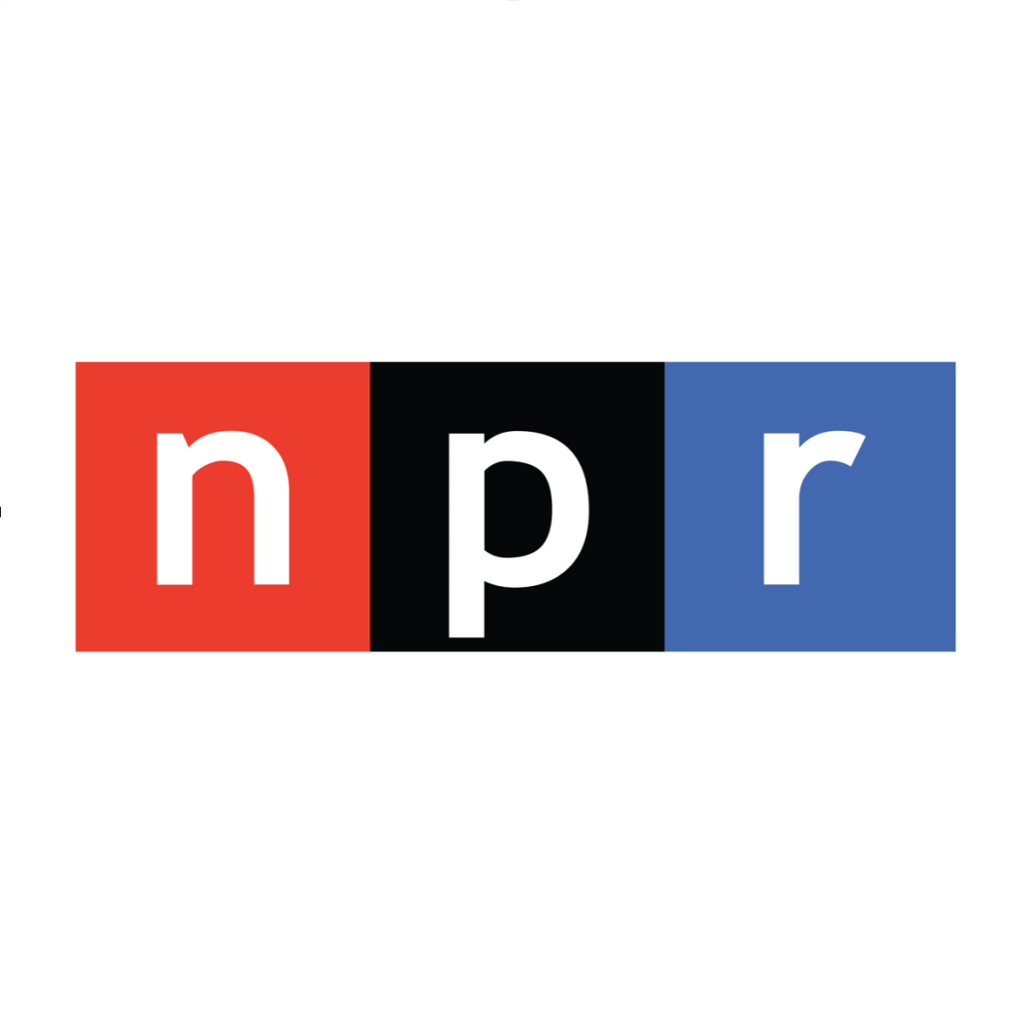The Impact of Social Media on Politics and Society
Technology Policy Brief #52 | By: Inijah Quadri | January 22, 2023
Header photo taken from: kyspp.nus.edu
Follow us on our social media platforms above
Browse more technology policy briefs from the top dashboard

Photo taken from: Chris Hale / CQ Roll Call
Policy Summary
Social media has revolutionized the way we communicate, access information, and engage with politics and society. Platforms such as Facebook, Twitter, and TikTok have become an integral part of our daily lives, connecting us with friends and family, news, and entertainment. However, the influence of social media on politics and society is a complex and multifaceted issue, with both positive and negative consequences.
This brief aims to explore the ways in which social media is shaping the political and social landscape, focusing on the messaging, approach, and audience of different platforms.
Messaging on Social Media
One of the most significant ways in which social media is impacting politics and society is through the messaging that is shared on these platforms. Social media allows individuals and organizations to disseminate information and ideas to a large audience in a relatively short amount of time. This has led to an increase in the amount of information available to the public, but it has also created a space for misinformation, disinformation, and the spread of conspiracy theories.
For example, during the 2020 US Presidential Election, there were numerous instances of misinformation and disinformation being spread on social media platforms. Misinformation about voter fraud and the integrity of the election was widespread, and it was amplified by politicians and influencers with large social media followings.

Photo taken from: Shutterstock
(click or tap to enlargen)
This led to confusion and mistrust among the public, and it played a role in the events that occurred on January 6th, 2021 when a mob of Trump supporters stormed the US Capitol.
Approach of Social Media Platforms
The approach of social media platforms is also playing a significant role in shaping the political and social landscape. Platforms like Facebook and Twitter have been criticized for not doing enough to combat misinformation and hate speech. These platforms have relied on user-generated reports to flag content that violates their policies, but this approach has been criticized for being slow and ineffective.
Audience of Social Media Platforms
The audience of different social media platforms also plays a role in shaping the political and social landscape. Platforms like Facebook and Twitter have a broad and diverse audience, while newer platforms like TikTok and Parlor tend to have a more niche audience. This can lead to a self-reinforcing echo chamber, where individuals are only exposed to information and ideas that align with their existing beliefs.
In addition, a study by the Pew Research Center found that individuals who primarily get their news from social media are more likely to have politically polarized views and to be less informed about current events. This is because social media algorithms tend to prioritize content that is likely to generate engagement, such as content that is controversial or that aligns with the user’s existing beliefs. This can lead to a situation where individuals are exposed to a narrow range of information and ideas, which can reinforce their existing beliefs and biases.


Charts taken from:
The Pew Research Center
(click or tap to enlargen)
Right-Wing Platforms
There are also social media platforms specifically catering to right-wing audiences, such as Truth Social and Parlor. These platforms have been criticized for promoting conspiracy theories and hate speech, and for not taking enough action to combat misinformation.
Additionally, some of the users of these platforms have been linked to far-right and extremist groups, raising concerns about the promotion of hateful and dangerous ideologies.
Impact on Democracy
The impact of social media on democracy is a contentious issue. On the one hand, social media allows for a more engaged and informed citizenry, as individuals can easily access information and engage in political discussions. Additionally, social media has been credited with helping to mobilize political movements, such as the Arab Spring and the Black Lives Matter movement.
On the other hand, social media can also have negative effects on democracy. The spread of misinformation and disinformation can lead to confusion and mistrust among the public, which can erode the foundations of democracy. Additionally, social media can be used to amplify the voices of extremist and fringe groups, which can skew the political discourse and undermine the democratic process.

Photo taken from: Justin Tallis / AFP
The Role of Governments and Regulators
The impact of social media on politics and society has led to calls for increased regulation of these platforms. Governments and regulators have been criticized for not doing enough to combat misinformation and hate speech, and for not holding these platforms accountable for their actions.
For example, the European Union has proposed a new regulation called the Digital Services Act, which would require social media platforms to take more responsibility for the content that is shared on their platforms. Additionally, the US Congress has held multiple hearings on the role of social media in the spread of misinformation and disinformation, and there have been calls for increased regulation of these platforms.
Conclusion
In conclusion, the impact of social media on politics and society is a complex and multifaceted issue. While social media has provided individuals and organizations with new and powerful ways to communicate and engage with politics and society, it has also created a space for misinformation, disinformation, and the spread of conspiracy theories.
It’s important for social media platforms to take a more proactive approach in combating misinformation and promoting verified content, and for governments and regulators to hold these platforms accountable for their actions. Additionally, individuals need to be more critical of the information they encounter on social media and seek out diverse sources of information to form a well-rounded understanding of current events and issues.
Engagement Resources
Click or tap on resource URL to visit links where available

Center for Digital Society: (https://cfds.fisipol.ugm.ac.id/2021/12/09/the-age-of-fake-news-how-fake-news-marred-the-2020-u-s-presidential-election/)

Chron (https://smallbusiness.chron.com/facebook-avatar-rules-27201.html)

European Commission (https://digital-strategy.ec.europa.eu/en/policies/digital-services-act-package)


Pew Research Center (https://www.pewresearch.org/journalism/2014/10/21/political-polarization-media-habits/)

The SoapBox (https://newrepublic.com/article/168214/west-parler-truth-social-failing)

Twitter (https://help.twitter.com/en/safety-and-security/sensitive-media)

